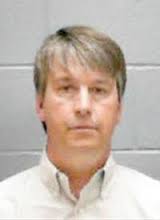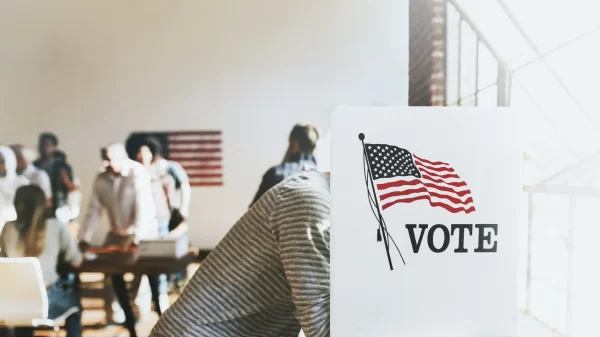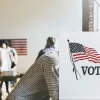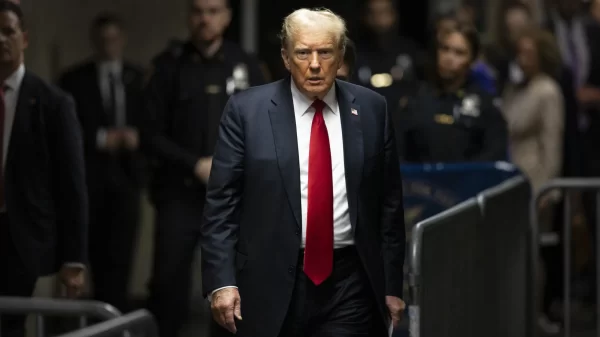By Bill Britt
Alabama Political Reporter
MONTGOMERY—Wednesday, August 20, was the deadline for arguments to be filed before the State’s Supreme Court in the Barry Moore perjury case.
Last month, Moore’s attorneys filed a motion with the Alabama Court of Criminal Appeals asking the court to consider technical legal challenges to the prosecution case against Moore. Under a rarely used statue, Chief Justice Roy Moore and Criminal Appear Chief Mary Windom decided to lift the case up to the higher court, in an effort to expedite the proceedings.
Attorneys agreed that regardless of the outcome in the Criminal Court of Appeal, the matter would ultimately be appealed to the higher court.
Moore’s attorneys are arguing that W. Van Davis was improperly appointed “Special Attorney General,” and therefore the proceedings of the Lee County grand jury are illegitimate. Therefore, the case against Moore, and by extension Hubbard or others is void.
According to the revision made to Moore’s motion, the Supreme Court has agreed to “decide fundamental constitutional issues affecting the jurisdiction of the ‘special grand jury’… and the extraordinary recusal by the Attorney General of Alabama.”
Moore’s attorney Bill Baxley is once again trying an argument that was thoroughly rejected by Lee County Circuit Court Judge Jacob A.Walker III in June.
Baxley tired to convince Judge Walker that Attorney General Luther Strange did not have the authority to appoint W. Van Davis, as his representative in the Lee Country investigation.
Judge Walker dismissed that argument saying, “The Court accepted an in camera document from the State, which supports the position that Mr. Davis was appointed by the Attorney General to assume oversight of a legislative corruption investigation on or around January 31st, 2013, as well as any criminal matters arising from that investigation. Furthermore, the letter informs Mr. Davis that the chief of the special prosecution division will report directly to him. These actions appear to be supported by the authority of sections 12-17-184(10), 12-17-216 and 36-15-15 of the Code of Alabama. A redacted copy of the letter which was filed under seal is attached to this order as Exhibit A.”
According to Alabama code, a District Attorney is required to, “go to any place in the State of Alabama and prosecute any case or cases, or work with any grand jury, when called upon to do so by the Attorney General or the Governor of the State of Alabama, and to attend sessions of courts and transact all of the duties of the district attorney in the courts whenever called upon by the Attorney General or the Governor to do so.”
Speaker Mike Hubbard’s white collar criminal defense attorney, J. Mark White, has stated to the press that this only applies to district attorneys, suggesting that Davis does not fit the requirement because he is retired from his post as St. Clair County DA.
However, Davis is a Supernumerary District Attorney, and according to State code cited by Judge Walker,
“Supernumerary district attorneys shall take the oath of office prescribed by the constitution for judicial officers and shall have and exercise all the duties, power and authority of district attorneys of the judicial circuits or circuit courts and shall, upon request of the Governor, the Chief Justice of the Supreme Court or the Attorney General, conduct investigations, attend any regular, adjourned or special session of any circuit court in any of the judicial circuits of Alabama for the investigation of or the prosecution of any criminal case or the prosecution or defense of any case in which the state is interested.”
If for some reason the Supreme Court of Alabama decides to rule in favor of Moore, legal authorities say this would open a “Pandora’s box” of litigation.
In 2010, the State’s case against chancellor of Alabama’s two-year college system, Roy Johnson, was prosecuted by another St. Clair County DA, Richard Minor, who was acting as a Special Attorney General in the case, after AG Troy King recused himself. Ironically, Johnson pleaded guilty to the State ethics charge before Lee County Circuit Court Judge Jacob A. Walker III.
If the court suddenly ruled the use of DA’s as Special Attorney Generals, then several lawyers believe Johnson could appeal his conviction by the State.
For now, Moore, Hubbard and other nervous lawmakers will have to wait for the Roy Moore court to issue its ruling.
The Alabama Political Reporter’s Lee Hedgepeth contributed to this report.






















































